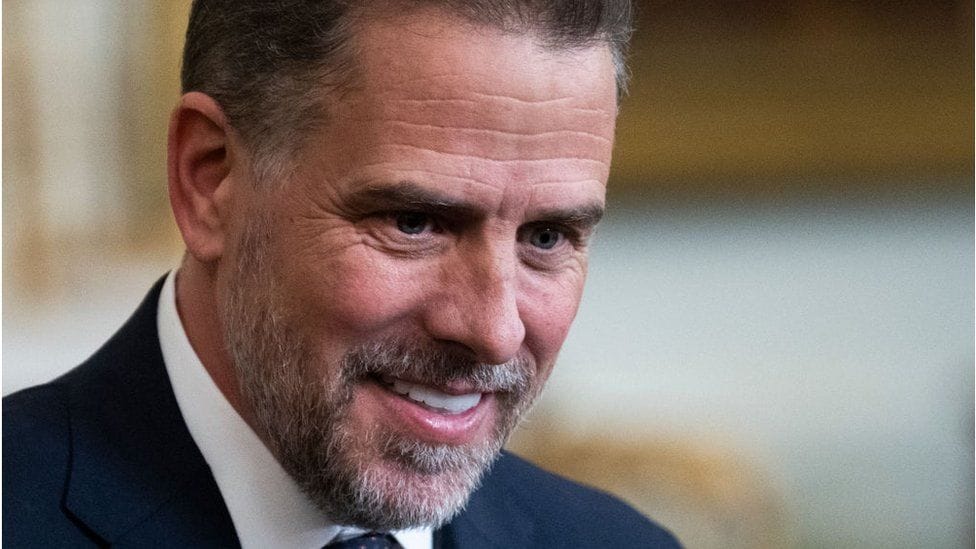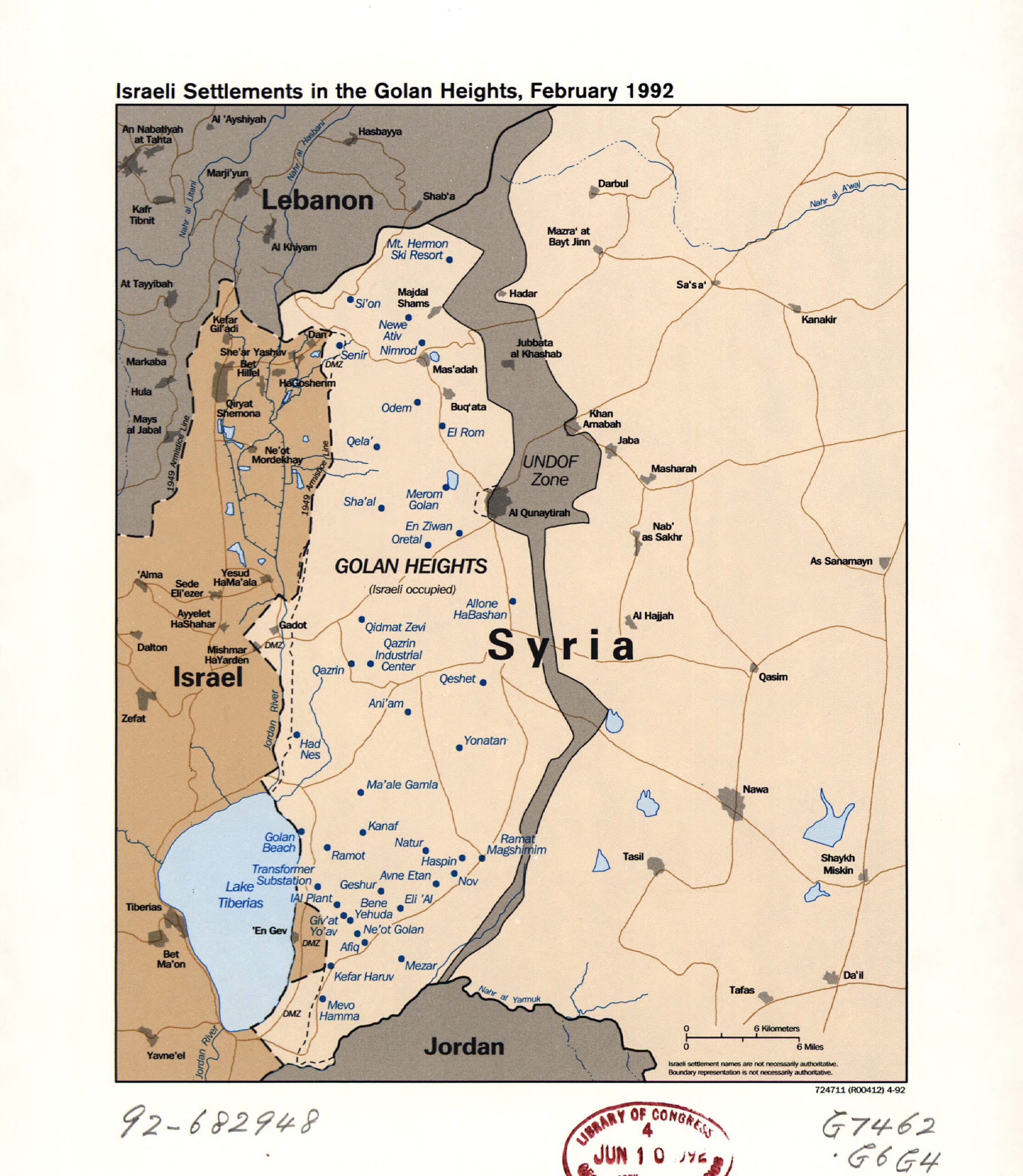December 7, 1941, is a day etched in the memories of Americans as a moment of profound sorrow, shock, and unity. The surprise attack by the Imperial Japanese Navy on the United States naval base at Pearl Harbor, Hawaii, resulted in the loss of thousands of lives and drew the United States into World War II. Among the few remaining survivors of that fateful day is a 100-year-old veteran, who has shared his firsthand account of the attack, offering a glimpse into the confusion, chaos, and resilience that characterized the response to the assault.
Sitting in his cozy living room, surrounded by family photos and mementos from his military service, the veteran, who wishes to remain anonymous, begins his narrative. His eyes, though aged, sparkle with a mix of sadness and pride as he recounts the events of that day.
“It was a beautiful Sunday morning,” he starts, his voice low and steady. “I was on the USS Maryland, a battleship moored on Ford Island. We had just finished breakfast, and I was heading to my station when the first wave of Japanese planes hit us. The noise was deafening – explosions, gunfire, and screams. I remember seeing the Oklahoma capsized, its hull torn apart by torpedoes. The Arizona was ablaze, and the Tennessee was hit, but still afloat.”
As the veteran speaks, it becomes clear that the attack was not just a military operation but a human experience that affected everyone on the base. The initial confusion and panic gave way to a sense of purpose and duty, as servicemen and civilians alike rallied to respond to the assault.
“We didn’t know what was happening at first,” he admits. “We thought it might be a drill or an accident. But when we saw the Japanese planes and the destruction they were causing, we sprang into action. Our training kicked in, and we started fighting back. I remember seeing sailors and soldiers, some of them wounded, still trying to man the guns and defend our ships.”
The veteran’s account highlights the bravery and camaraderie that defined the response to the attack. Despite the chaos and uncertainty, the men and women at Pearl Harbor came together to support each other, often risking their own lives to save others.
“I saw acts of heroism that day that I’ll never forget,” he says, his voice filled with emotion. “Men jumping into the water to rescue their comrades, others tending to the wounded, and some even going back into burning ships to retrieve vital equipment. It was a terrible day, but it was also a day that showed the best of humanity.”
As the attack subsided, and the survivors began to take stock of the devastation, the reality of the situation set in. The veteran recalls the sense of grief and anger that swept through the base, as well as the determination to respond to the attack.
“We were in shock, but we were also angry,” he says. “We knew that we had to do something, to fight back against the Japanese. The attack on Pearl Harbor was a wake-up call for America, and it galvanized the country. We knew that we were in for a long and difficult war, but we were ready to do our part.”
In the aftermath of the attack, the veteran, like many of his fellow servicemen, was thrust into the midst of World War II. He went on to serve in various theaters, including the Pacific and Europe, and was involved in some of the most significant battles of the war. Though his experiences during the war were marked by hardship and loss, he looks back on them with a sense of pride and purpose.
“I’m proud of what we did,” he says, his eyes gazing into the distance. “We fought for our country, for our freedom, and for the freedom of others. We made sacrifices, but we also formed bonds that will last a lifetime. The attack on Pearl Harbor was a tragic event, but it also brought out the best in us. It reminded us of the importance of unity, duty, and sacrifice.”
As the veteran concludes his narrative, it becomes clear that the attack on Pearl Harbor was not just a historical event but a personal experience that has shaped his life and the lives of countless others. Though the world has changed significantly since that day, the lessons learned from the attack remain relevant – the importance of preparedness, the value of unity, and the resilience of the human spirit.



